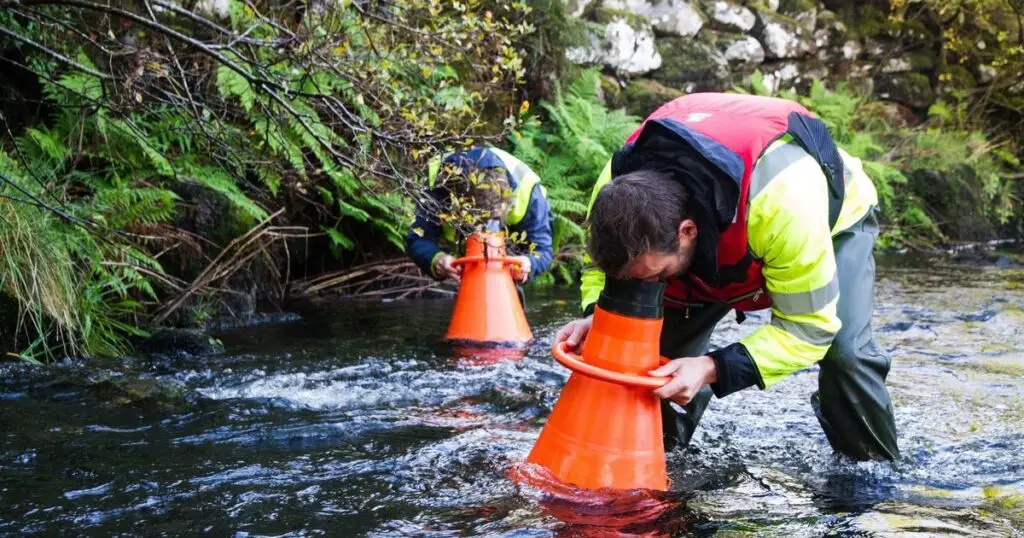Natural Resources Wales has unveiled plans to address significant financial constraints, necessitating a series of austerity measures. Among these measures are 265 job cuts and the reduction of various services.
The Welsh Government-sponsored organisation, which is responsible for environmental regulation, flood defence, and forest estate management, is seeking to save £13m in the next fiscal year. The cuts are part of a strategic response to inflation and stagnant government funding.
Natural Resources Wales (NRW) employs approximately 2,000 staff, and the new financial measures will lead to the loss of 265 positions. Interestingly, 108 of these roles are already vacant. Moreover, there are plans to introduce around 200 new roles in sectors where funding has been ring-fenced. This restructuring aims to mitigate the impact of the job cuts to some extent.
Management will scale back on heritage features within Welsh Government woodland estates. Recreational and visitor access operations will similarly be affected. The changes will extend to the 24-hour incident communication centre, which is set to merge with the customer hub.
Pillman pointed out that significant savings had already been achieved in the previous fiscal year by freezing recruitment and terminating fixed-term contracts. However, an estimated £13m more needs to be saved next year, with an additional £4m by 2026-27.
Pillman added that while this decision-making process has required a lot of soul-searching and hard work, the proposed measures are believed to be sustainable and aligned with their strategic objectives.
Further, all library services will be terminated, including the environmental library in Bangor. Additionally, estate recreation planning and the management of non-commercial recreational activities will see scaled-back operations.
Changes will also affect translation services, procurement and contracts, and commercial land agents. Business development and timber marketing will not be spared either.
Clubb pointed out the various environmental pressures, such as increased pollution from agriculture and sewage, necessitating robust monitoring and enforcement of environmental regulations.
The proposed measures by Natural Resources Wales reflect a dire financial predicament that requires immediate and substantial action. While the job cuts and service reductions are challenging, they are deemed necessary to align with the financial realities.
The road ahead will be difficult, but strategic prioritisation is expected to help NRW uphold its mission in essential areas such as pollution control, nature conservation, and climate resilience.


